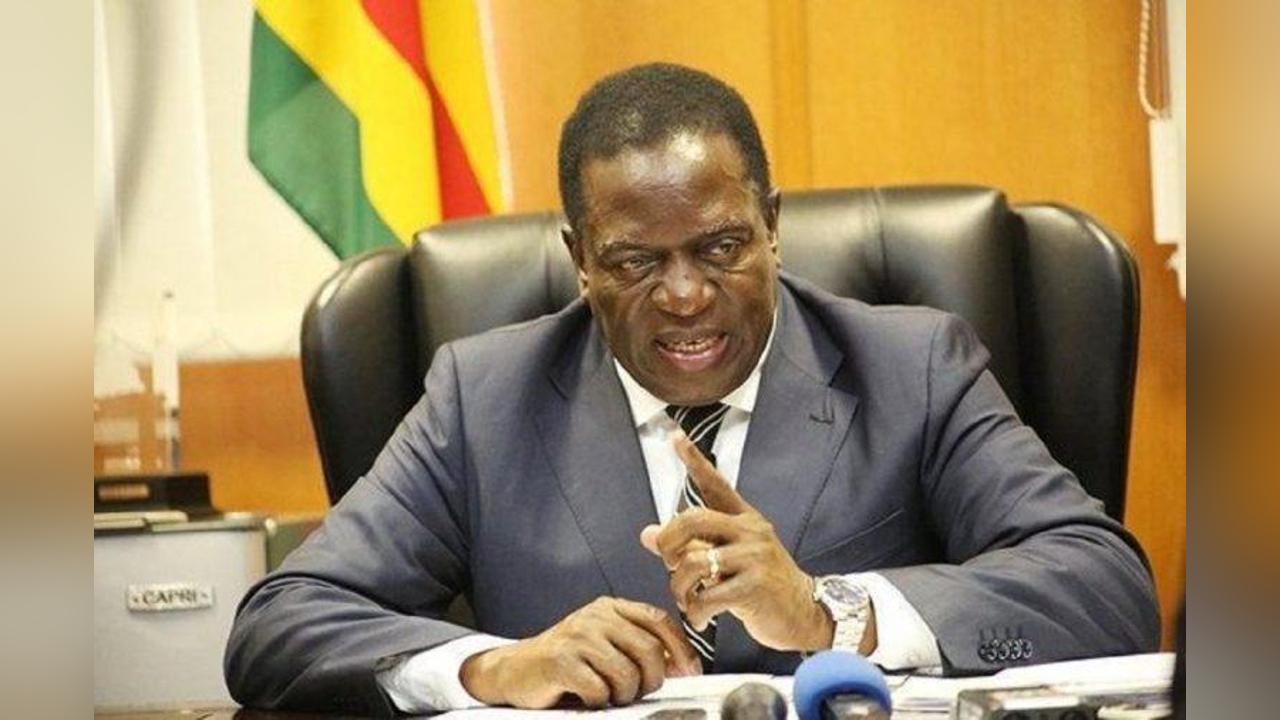By
Advent Shoko
Africa-Press – Zimbabwe. President Emmerson Mnangagwa has poured cold water on calls from within his party to extend Zimbabwe’s electoral timetable beyond 2028, declaring ZANU PF must win the 2028 harmonised elections. His remarks at the ZANU PF Central Committee meeting in Harare this week have been interpreted as a dramatic rebuke to senior party figures pushing for elections to be postponed until 2030 or beyond.
Factions Clash Within ZANU PF
The president’s message comes amid intensifying battle within the ruling party. National Housing and Social Amenities minister, Daniel Garwe and other loyalists had argued publicly that the next polls should be pushed to 2030, effectively granting Mnangagwa two extra years in office. This “2030 agenda” has sharply divided the party, with “reformists” warning it could trigger a legitimacy crisis both at home and abroad.
Mnangagwa’s Directive
Addressing the Central Committee, Mnangagwa stated:
“It is important that we introspect as a party of the bigger picture that we must win the 2028 harmonised elections. The Central Committee must have robust and frank discussions to foster solutions in unity to realise our common vision.”
His choice of words has been interpreted as a firm directive that ZANU PF must shift its focus from debates over term extensions to preparing an electoral strategy that secures victory in 2028.
Constitutional Barriers to Term Extension
Zimbabwe’s 2013 Constitution sets clear limits. Article 91 stipulates that a president may serve only two five-year terms. Constitutional lawyer Professor Lovemore Madhuku stated in January 2025 that, “any amendment to extend a sitting president’s tenure faces two fundamental hurdles, the parliamentary supermajority and the entrenched clause that prevents an incumbent from benefiting from such an amendment.” This legal firewall means that even if ZANU PF mustered the numbers in Parliament, a referendum would likely be required, with voters holding the final say.
Mnangagwa’s Balancing Act
By declaring elections will proceed in 2028, Mnangagwa has projected himself as a constitutionalist. But analysts warn this could also be a tactical move to contain internal dissent rather than a firm commitment. Political scientist Ibbo Mandaza argued earlier this year that, “Mnangagwa’s statements are often strategic signals to manage factions, not necessarily his final position.” The uncertainty keeps both his allies and rivals guessing.
Implications for Democratic Institutions
The stakes stretch far beyond ZANU PF’s internal quarrels. If the party were to override constitutional limits, Zimbabwe’s already fragile institutions – the judiciary, parliament, the Zimbabwe Electoral Commission, and the security sector – could face an unprecedented legitimacy crisis. As constitutional expert Alex Magaisa warned before his death in 2022, “tampering with presidential term limits is tampering with the people’s will, and it undermines every safeguard meant to prevent authoritarian entrenchment.” His words remain a stark reminder of what is at risk.
Source: news.pindula.
For More News And Analysis About Zimbabwe Follow Africa-Press






